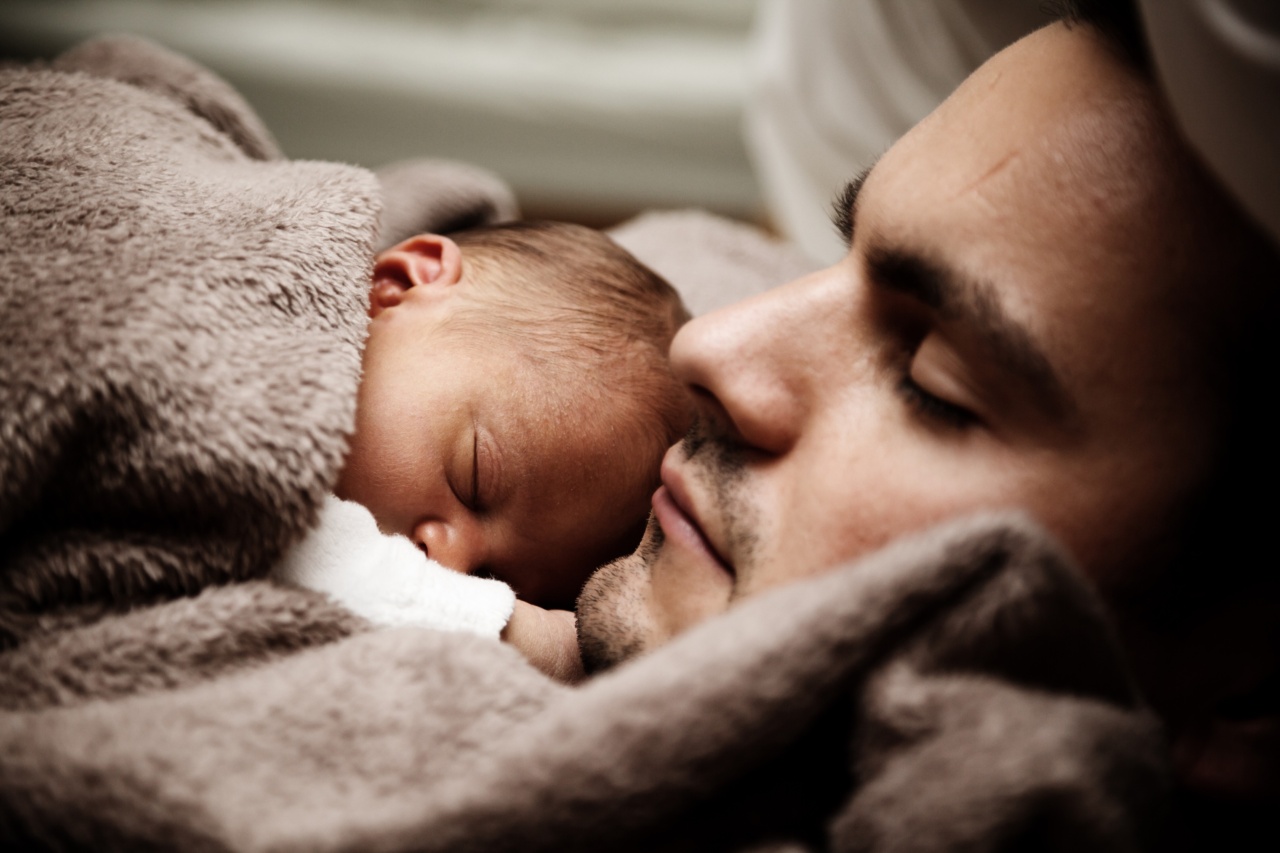Sleep is a crucial aspect of our daily lives. It helps us recharge our batteries, improve our mental and physical performance, and maintain a healthy lifestyle.
Scientists, in particular, have a keen interest in sleep because it offers an opportunity to study our brain and body at rest.
Unfortunately, like many other scientific fields, there are several myths and misconceptions regarding sleep held by scientists. Here are ten common myths believed by sleeping scientists:.
Myth 1: The more you sleep, the better you feel.
While it’s true that sleep is essential for our well-being, oversleeping can be just as bad as getting too little sleep. Sleeping for more than eight hours can leave you feeling groggy, lethargic, and unproductive.
Over-sleeping has also been linked with certain health issues, such as obesity, diabetes, and heart disease. The optimal amount of sleep for adults is around 7-8 hours each night.
Myth 2: You can catch up on lost sleep over the weekend.
The idea that you can “catch up” on lost sleep over the weekend sounds appealing, but it isn’t entirely accurate. Sleep debt builds up over time and cannot be erased by sleeping in one or two days over the weekend.
Similarly, sleeping in late on the weekends can also disrupt your sleeping pattern, leading to difficulty falling asleep and waking up during weekdays.
Myth 3: Snoring is harmless.
While snoring may seem like a harmless issue, it can be a sign of underlying health problems. Loud snoring can be a sign of sleep apnea, a disorder that causes breathing to stop and start repeatedly throughout the night.
Sleep apnea can lead to sleep deprivation, high blood pressure, heart problems, and other serious health issues. Anyone who snores regularly should speak with a medical professional to rule out sleep apnea.
Myth 4: Drinking alcohol helps you sleep better.
Alcohol may help you fall asleep faster, but it can also reduce the quality of sleep you get. Alcohol interrupts the normal sleep cycle, leading to an increase in light and disrupted sleep. It can also cause sleep apnea or aggravate existing sleep apnea.
For a good night’s sleep, it’s important to avoid alcohol or limit your intake.
Myth 5: Naps are a waste of time.
While some believe that napping during the day can lead to difficulty falling asleep at night, the opposite may be true. Short afternoon naps (around 20-30 minutes) can help improve mental clarity, memory, and creativity.
They can also be beneficial for individuals who don’t get enough sleep at night. However, naps that are too long or taken too late in the day can interfere with nighttime sleep.
Myth 6: Sleep patterns are unchangeable.
Many individuals believe that once they establish their sleep pattern, it’s impossible to change it. However, it’s possible to reset your sleep pattern and improve your sleep habits.
Experts recommend establishing a consistent sleep schedule, avoiding stimulants like caffeine and nicotine, and creating a sleep-conducive environment (e.g., cool, dark, and quiet).
Myth 7: Sleep is all about the quantity, not the quality.
While it’s important to get enough sleep, the quality of sleep is equally crucial. Poor sleep quality can lead to problems with alertness, cognitive function, and mental health.
It’s essential to focus on the quality of your sleep by creating a comfortable sleep environment, practicing relaxation techniques like meditation, yoga, or deep breathing, and avoiding activities that can interfere with sleep.
Myth 8: Sleep problems are only a concern for older adults.
Sleep problems can affect anyone, regardless of age. Young adults, children, and even infants may experience sleep disorders like insomnia, snoring, and restless leg syndrome.
Identifying and treating sleep problems early can help prevent them from becoming chronic and affecting overall health and well-being.
Myth 9: Sleeping pills are the only solution for sleep problems.
While sleeping pills may help alleviate sleep problems in the short term, they are not a long-term solution. Sleeping pills can cause dependence, tolerance, and addiction.
They can also lead to undesirable side effects like dizziness, dry mouth, and daytime sleepiness. Instead, individuals with sleep problems should seek other solutions like cognitive-behavioral therapy, relaxation techniques, or lifestyle changes.
Myth 10: Sleep is a passive activity.
Sleep may seem like a passive activity, but it’s actually an active and complex process. During sleep, the body and brain undergo several important processes, including tissue repair, hormone regulation, and information consolidation.
Good sleep hygiene is crucial for overall health and well-being, and should be taken seriously by everyone.
Conclusion
There are several myths and misconceptions that surround sleep, particularly in the scientific community. It’s essential to debunk these myths to improve our understanding of this essential aspect of our daily lives.
By embracing healthy sleep habits, we can improve our overall health, well-being, and mental and physical performance.


























